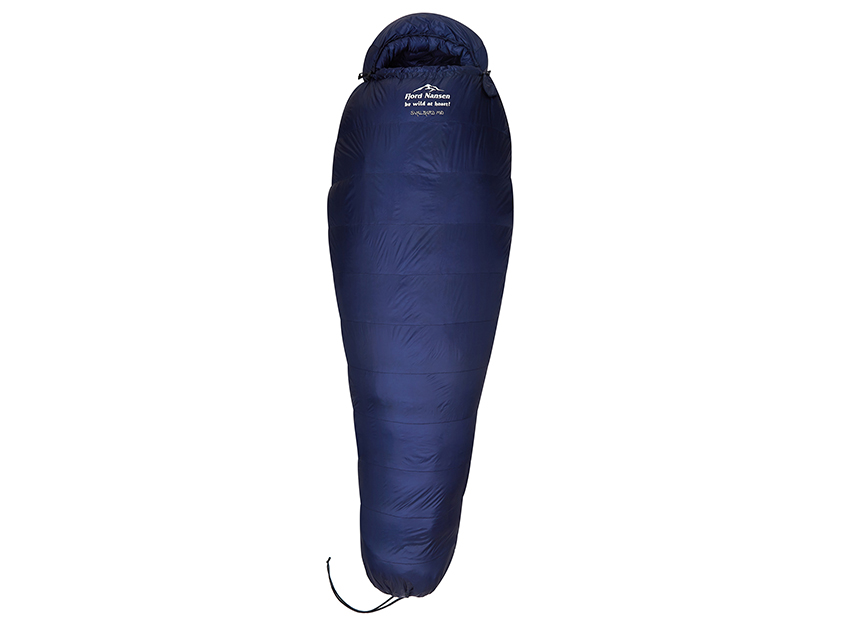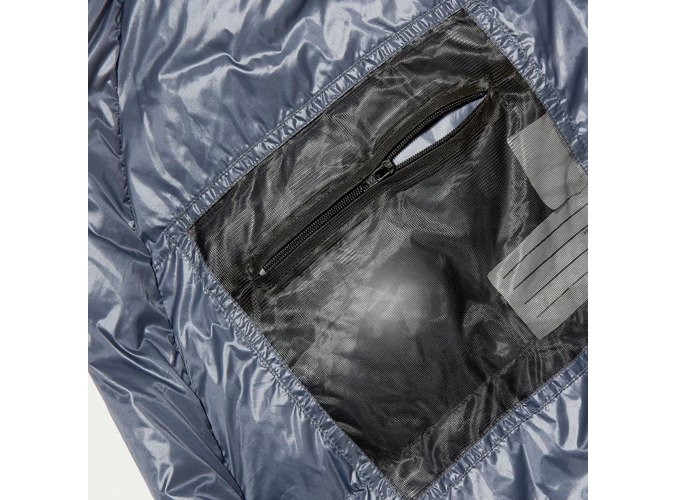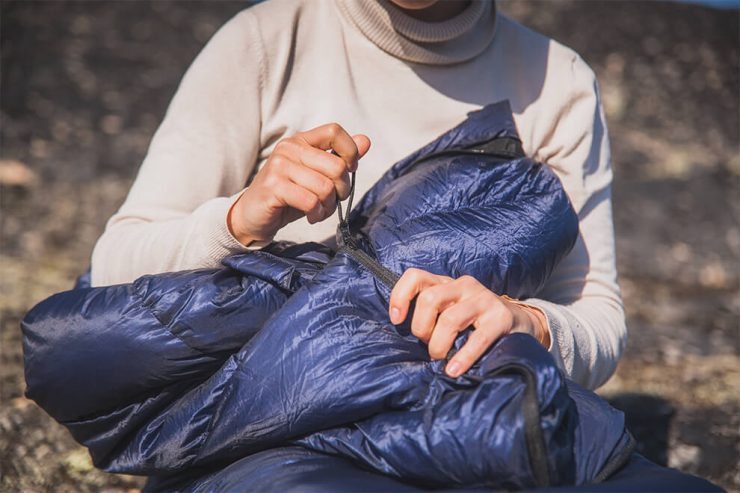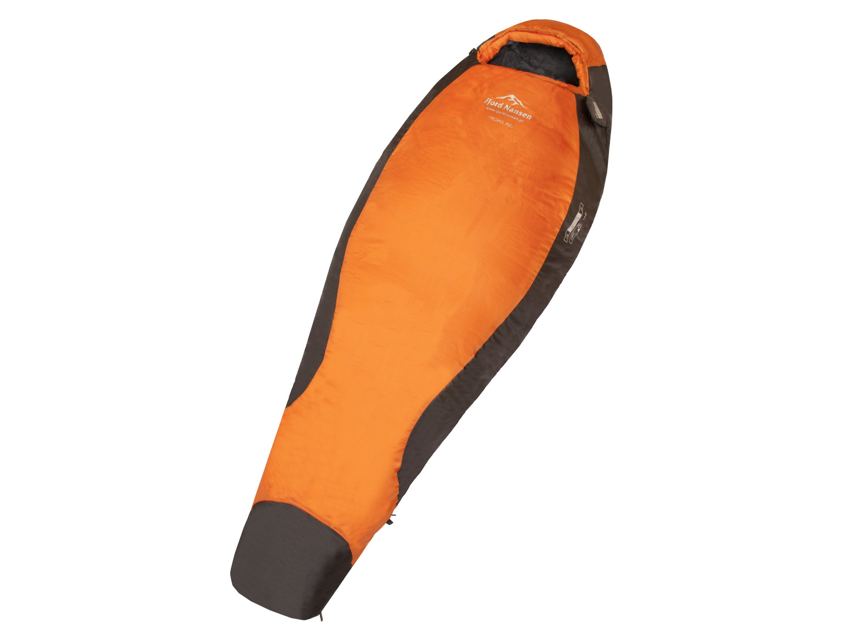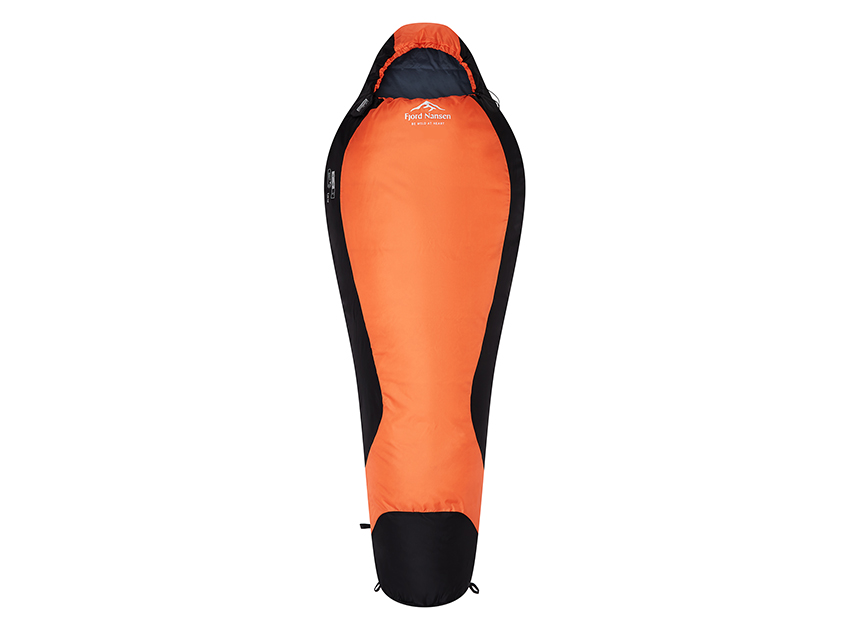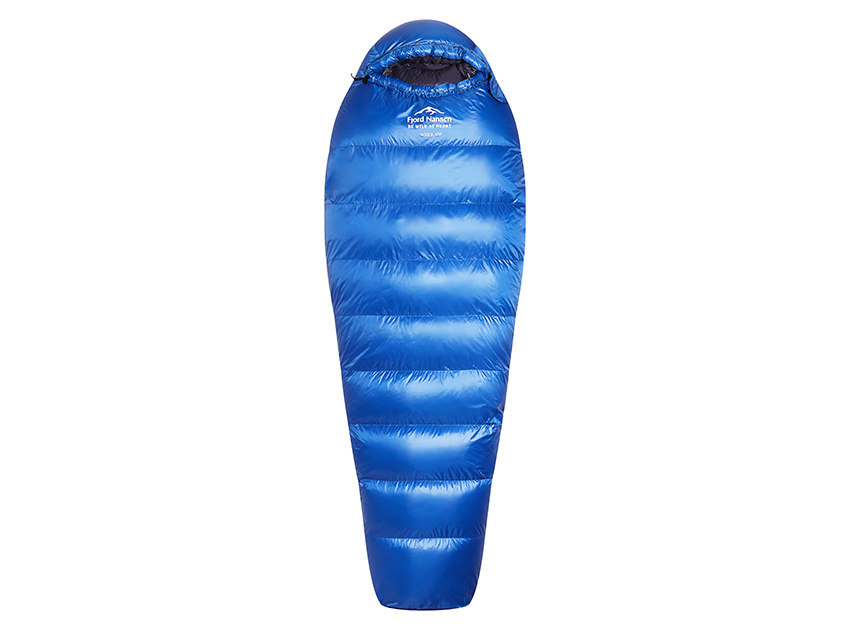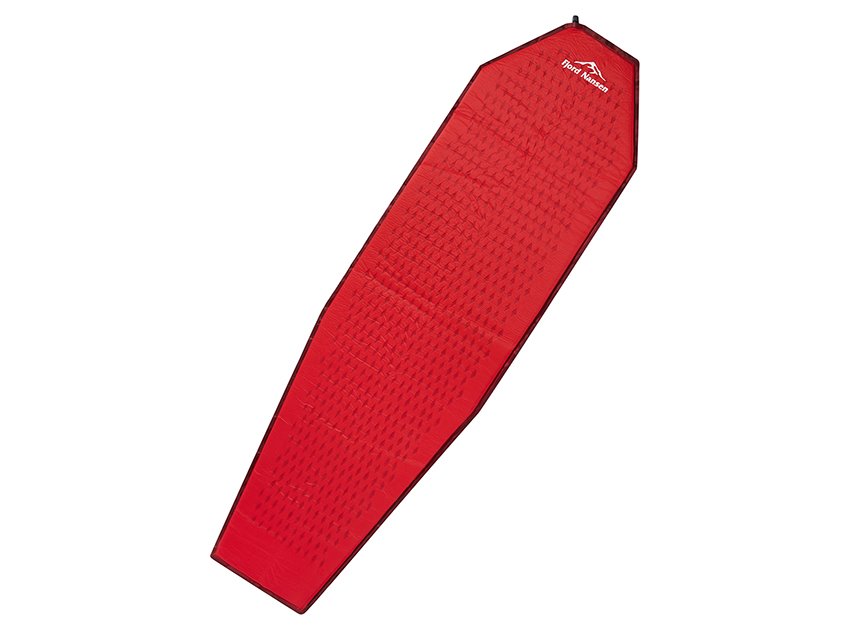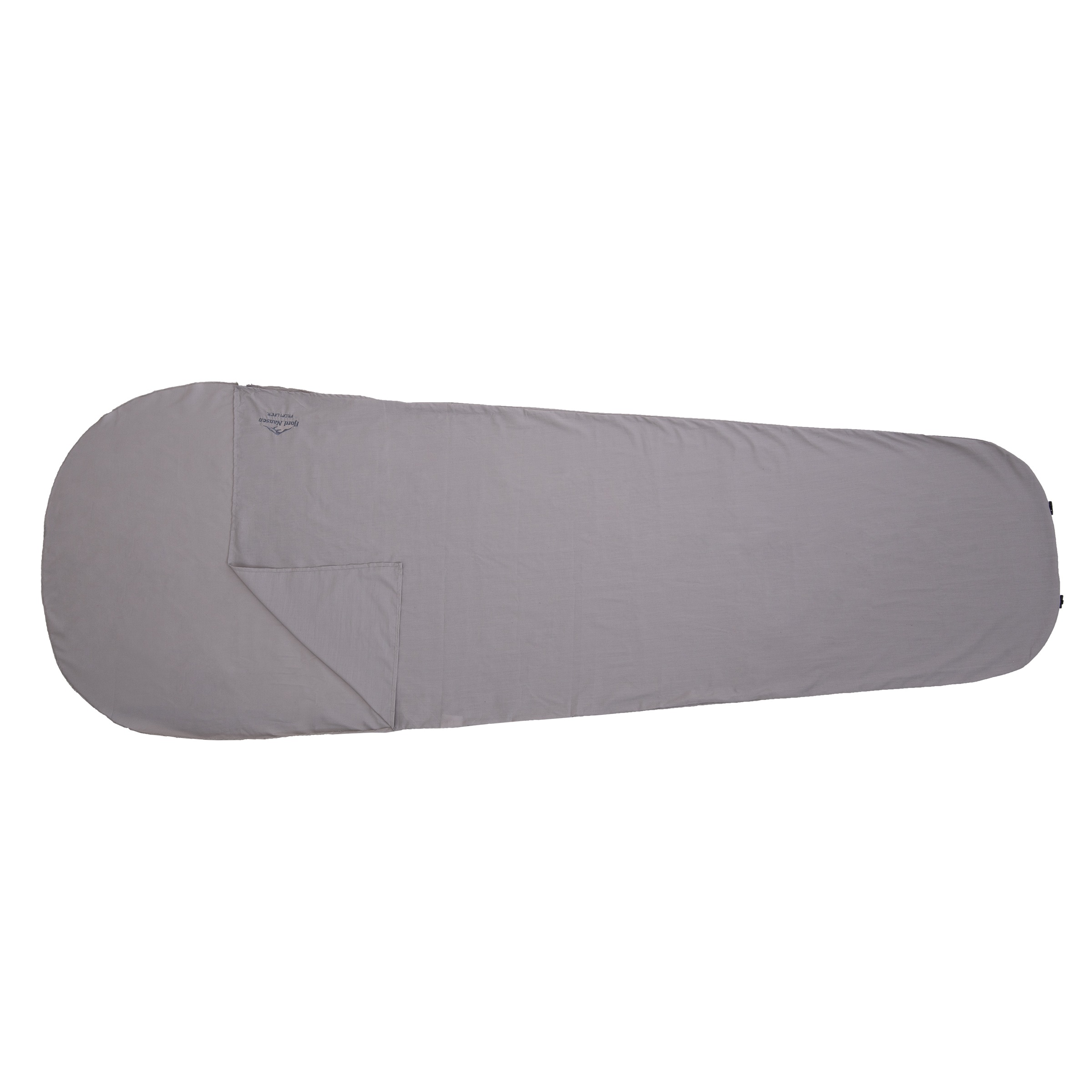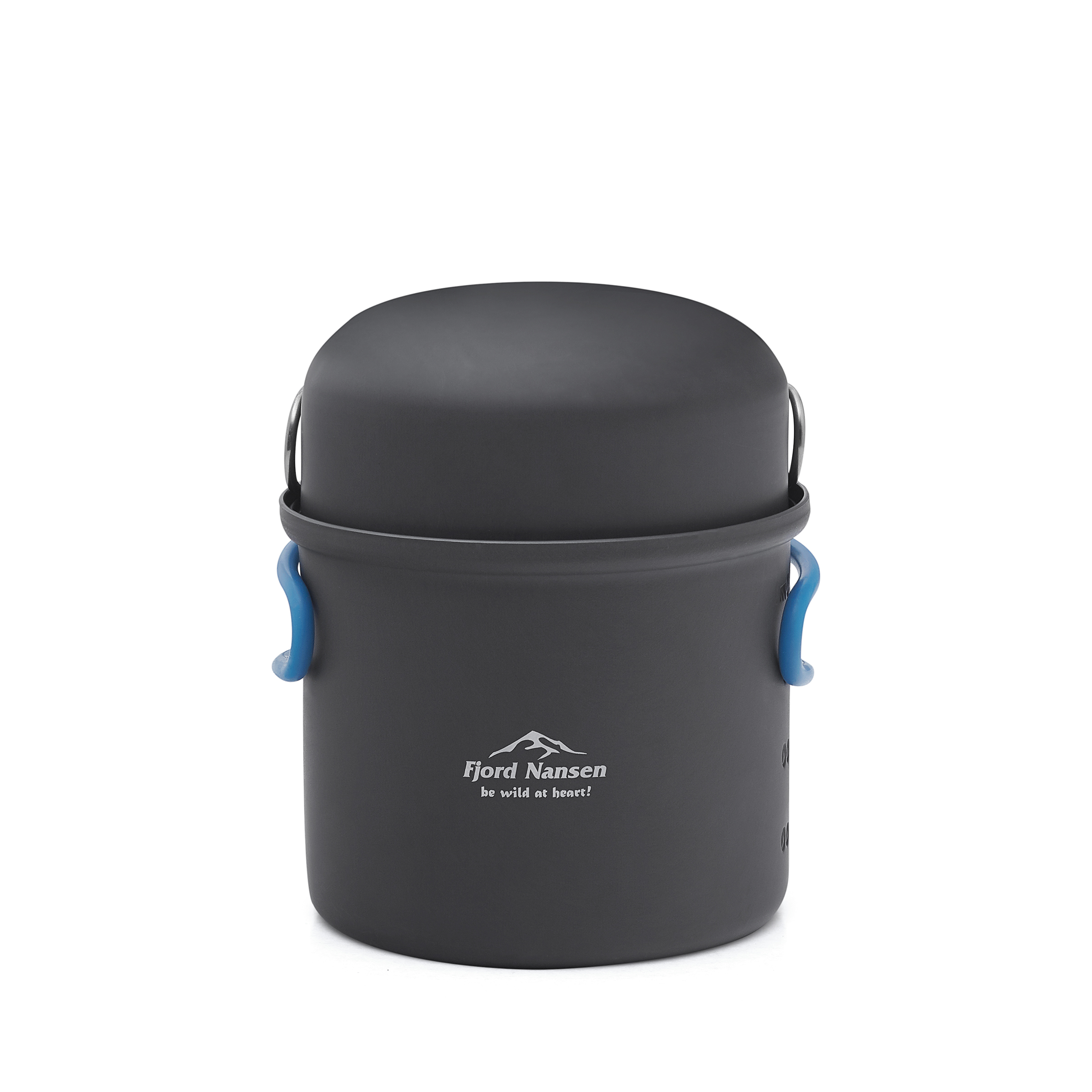Sleeping bags
Features:
- Ultralight outer fabric in smooth 10d nylon.
- 800 cuin hydrophobic European duck down filling.
- The down used to fill sleeping bags is washed and impregnated in the production process, which gives it additional elasticity.
- Strategically placed down by thermal zones.
- Inside the sleeping bag, at the bottom, there are two loops for attaching the insert (this will prevent it from slipping out when leaving the sleeping bag)
- High-quality two-way zipper with fluorescent tailstock
- The bottom of the sleeping bag opens with a drawstring
- Comfortable sleeping bag width
Temperature range
Note: in the name we give T lim – this is the lowest temperature at which a “standard man” can sleep comfortably. Women or people who freeze easily should be guided by the thermal parameter T comfort when choosing a sleeping bag.
Temperature ranges according to EN 23537 – these refer to a standard man and a standard woman after moderate exertion.
WARNING! Sometimes it can happen that the feeling of cold will be different for different people. The way you feel cold is also influenced by factors such as: fatigue, hunger, malaise, previous hypothermia, age, metabolism, fat tissue thickness, etc.
- The upper limit of comfort (T max) – the temperature at which the “standard man” does not sweat, and excessive temperature does not disturb his sleep.
- Comfort (T comf) – the temperature at which a person is in thermal equilibrium and does not feel cold. This value refers to a “standard”, full woman, after an average effort. This parameter should be guided by women when choosing a sleeping bag.
- Limit temperature (T lim) – the lowest temperature at which a “standard man” can sleep comfortably. This parameter should be guided by men when choosing a sleeping bag.
- Extreme temperature (Tmin) – exceeding this value causes the risk of hypothermia and means conditions in which you can survive for a maximum of six hours (parameter based on the feelings of an “average woman”). This temperature should not be taken into account when buying a sleeping bag.
Description
Ultra small, ultra light or, in other words, ultra handheld. The Svalbard 250 Duck Hydro sleeping bag is a lightweight proposition in our collection, designed for everyone who has had the opportunity to sleep outdoors in a warm climate. Designed as a tourist quilt, it will be perfect for warm summer nights in a hammock, or all year round in shelters or when staying with friends, and thanks to the high level of down compression, the packed sleeping bag takes up little more than half a loaf of bread.
Hydrophobic duck down, i.e. impregnated down with increased hydrophobic properties, will withstand moisture better, absorb water more slowly and dry faster. Thanks to this, you do not have to worry, as in the case of classic down, about the contact of the sleeping bag with moisture and the feathers sticking together. Sleeping bags with hydrophobic down also withstand possible washing better.
As in the other thinnest down models in our collection, also in the Svalbard 250 Duck Hydro we used a drawstring that opens the sleeping bag completely to the legs. This is one of the more practical features that can be added to a lightweight sleeping bag. Thanks to this, without leaving the sleeping bag, you can move around the camp, easily increase air circulation. And most importantly, if you plan to use the Svalbard 250 Duck Hydro as a heater during harpagan breaks, you can easily jump into the sleeping bag and warm up during a nap, without taking off your shoes.
Parameters
Size:
MID
Weight:
520 g
Shape:
mummy
Outer material:
Nylon 10d
Inner material:
Nylon 10d
Packed volume:
5l
Dimensions:
198 x 80 x 45 cm
Best for height:
178 cm
Filling:
Hydrophobic duck down: Duck EU 92/8 800 cuin
Down weight:
250 g
Resilience:
800 cuin
Thermal collar:
no
Thermal strip:
yes
Zip:
left
T comfort:
4 °C
T lim:
-1 °C
T extreme:
-16 °C
Width at widest point:
80 cm
Width at the narrowest point:
45 cm


